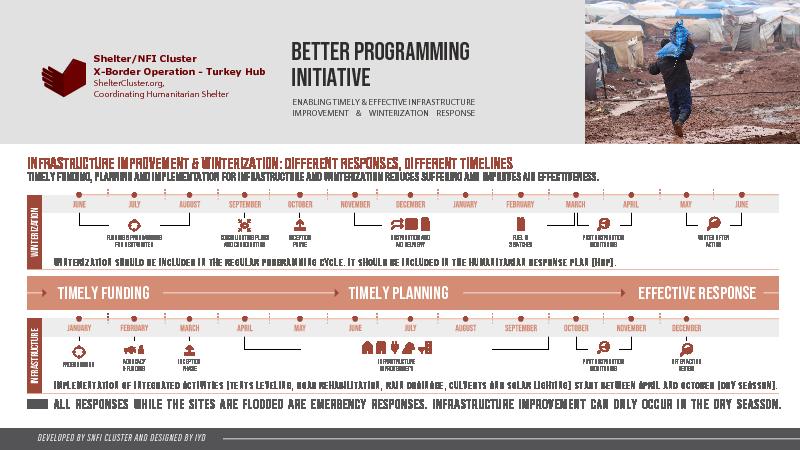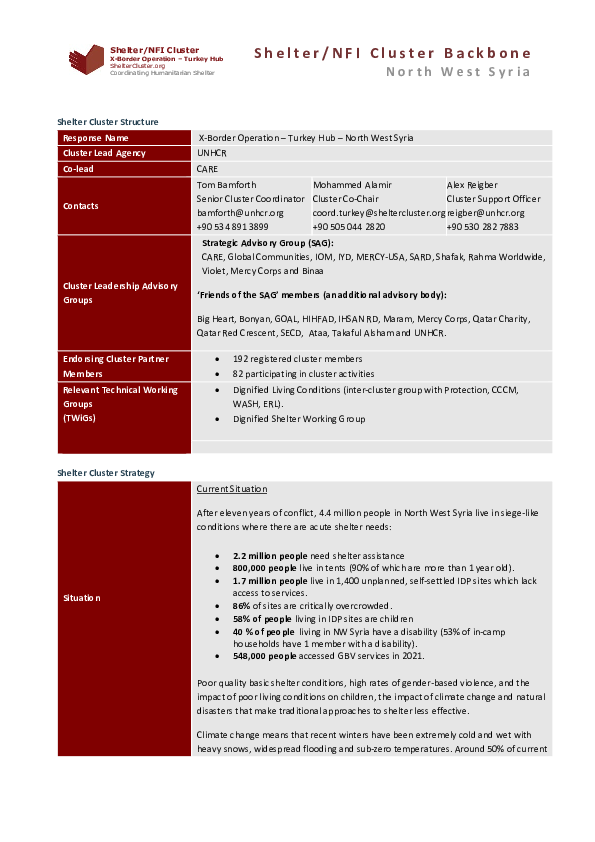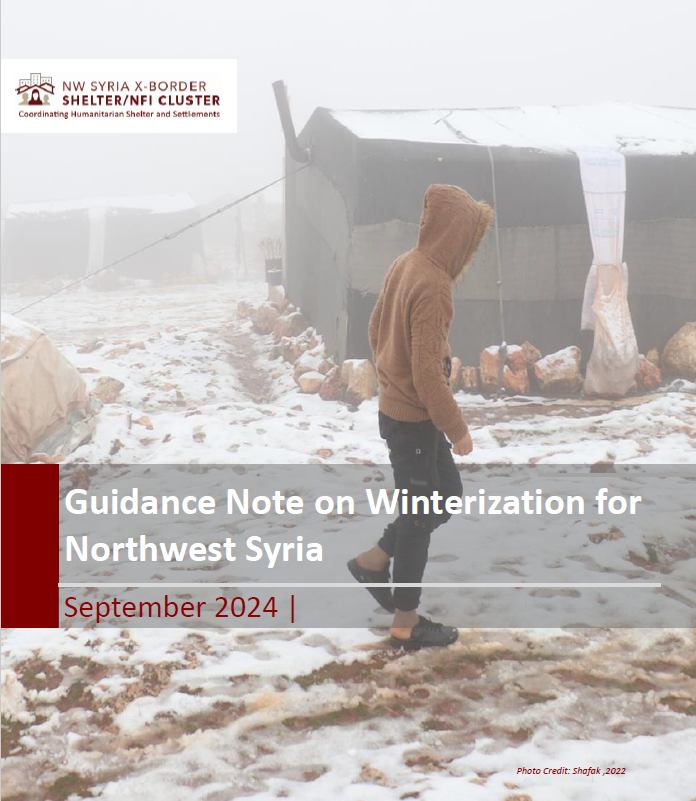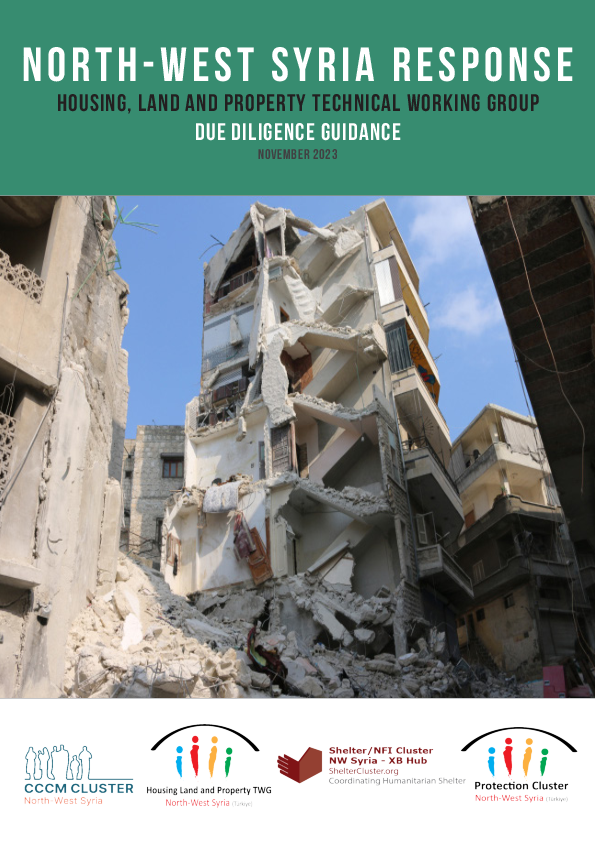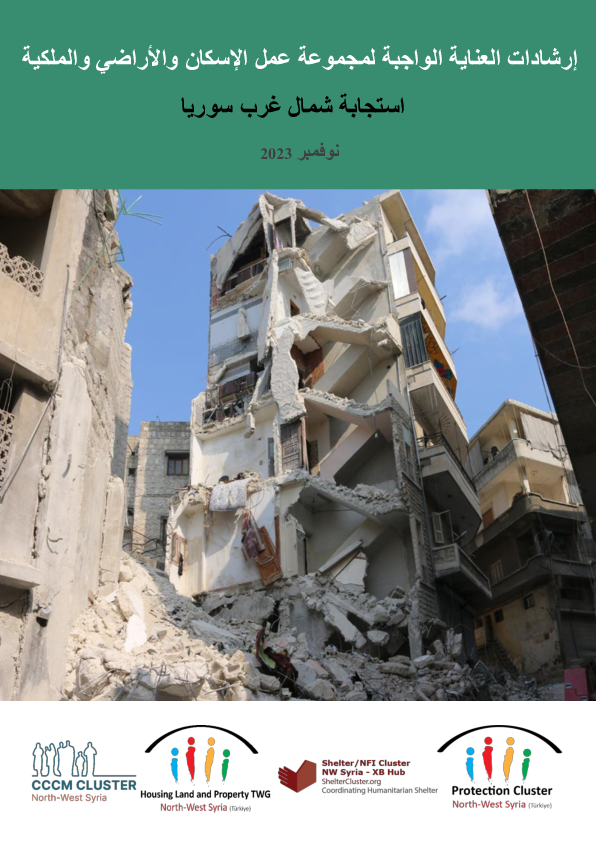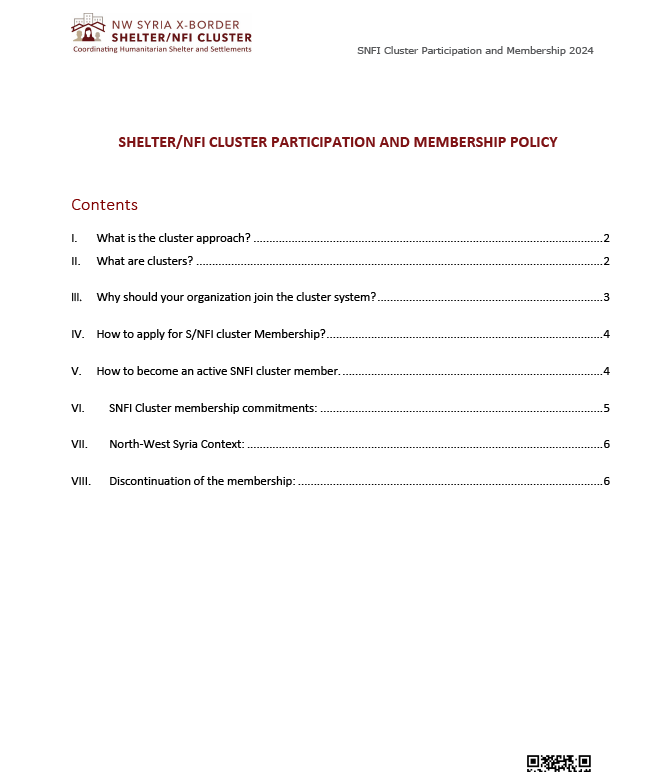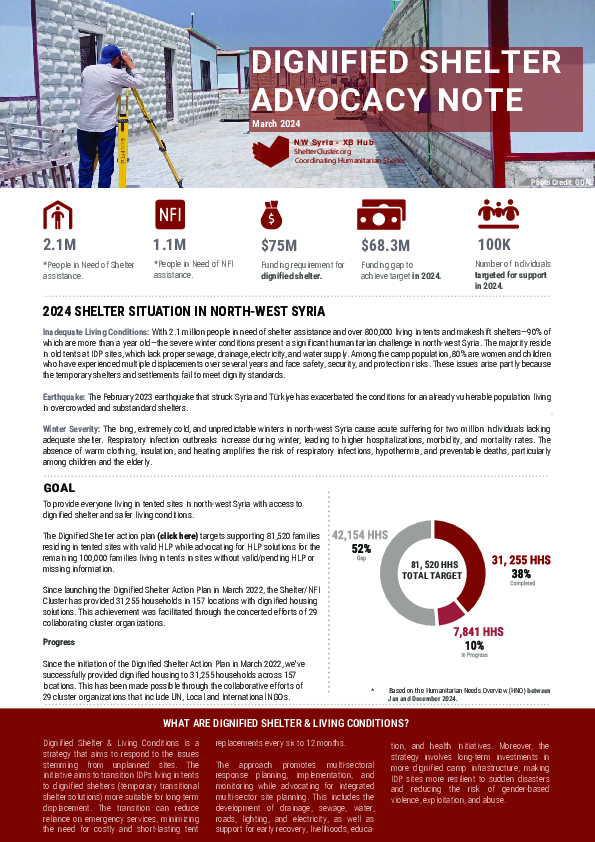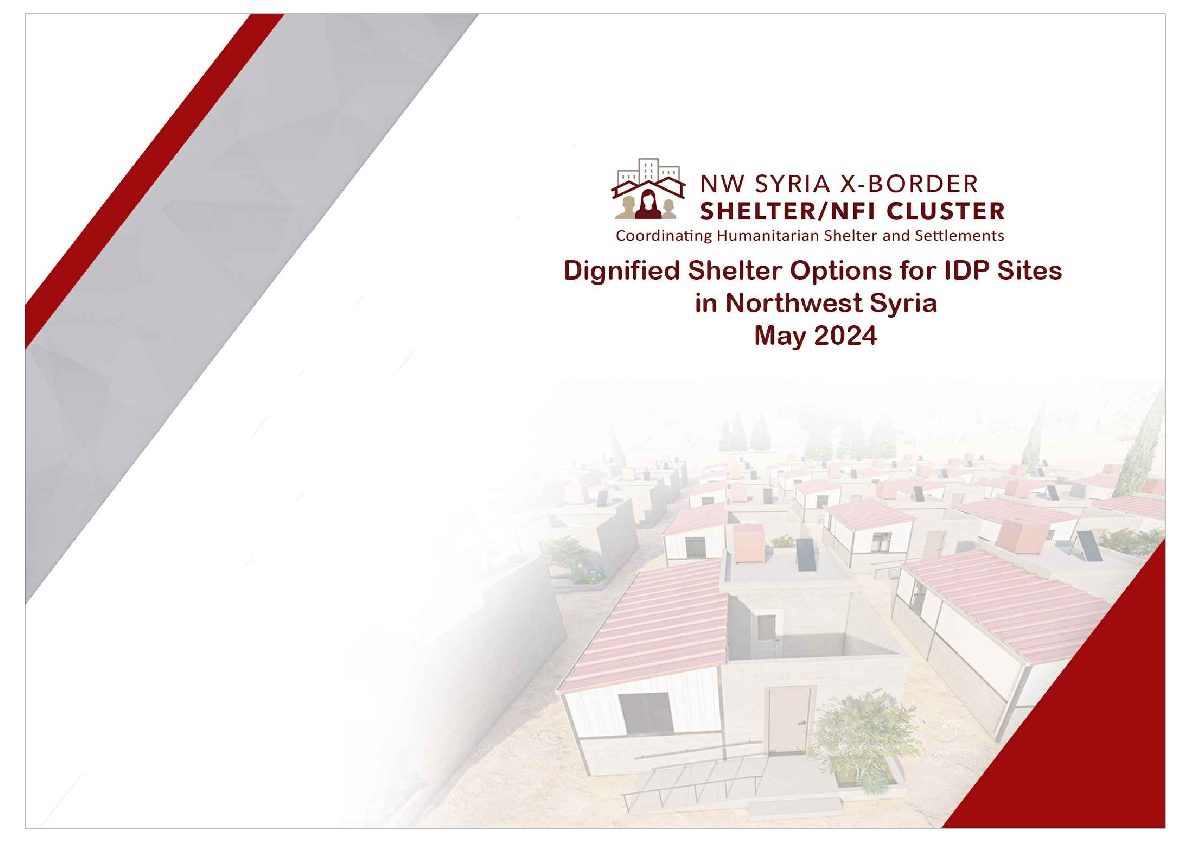North-West Syria Hub
Featured Documents
Overview
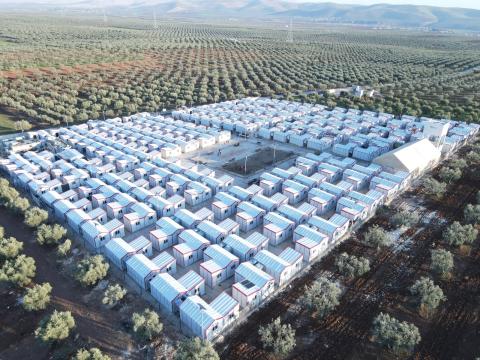
News
Context
The Shelter/Non-Food Items (S/NFI) Cluster, co-led by UNHCR and CARE, coordinates the efforts of approximately 80 member organizations in the cross-border operation. Based in Gaziantep, South Turkey, S/NFI provides cross-border assistance in north-west Syria and remotely coordinates the response.
The Cluster Coordination team consists of the Senior Cluster Coordinator, Cluster Co-Coordinator, Information Management Officers, and Technical Experts. They work closely with the Strategic Advisory Group (SAG) and coordinate the strategic direction of the cluster, as well as steer the cluster's annual plans.
The cluster has established multiple Technical Working Groups (TWG) on specialized topics, such as Dignified Shelter, Dignified Learning Spaces, and other upcoming technical groups and task forces like Information Management, Shelter Rehabilitation Technical Working Groups, and Advocacy Task Force. S/NFI also collaborates closely with other clusters on cross-cutting issues, such as Housing, Land, and Property.
In 2023, S/NFI Cluster members reached over half a million people with shelter support, including emergency shelter provision, infrastructure rehabilitation, shelter rehabilitation, and transitional shelter. As part of a complementarity approach, some sites and IDPs benefited from more than one S/NFI activity.
Approximately one million people received NFI and winterization assistance in 2023, through cash, in-kind, or voucher modalities. NFI items range from blankets, jerry cans, and NFI kits, to kitchen sets, mattresses, carpets, and solar lamps. The recommended life-saving cluster supplies for the winter response include heating fuel and stoves, winter clothing kits, and winterization kits that include thermal blankets and carpets.
Moving forward into 2024, S/NFI is committed to strengthening its response in the following key areas:
- Addressing the emerging need for safe and dignified shelters and improving living conditions, following over 12 years of conflict and the devastating earthquake in February 2023.
- Improving infrastructure is crucial to mitigate climate-related disasters, particularly floods, which occur annually.
- Implementing larger-scale Winterization efforts to reach a greater number of people in need with essential services, as recommended.
Please click here to open the dashboard in a new window.

